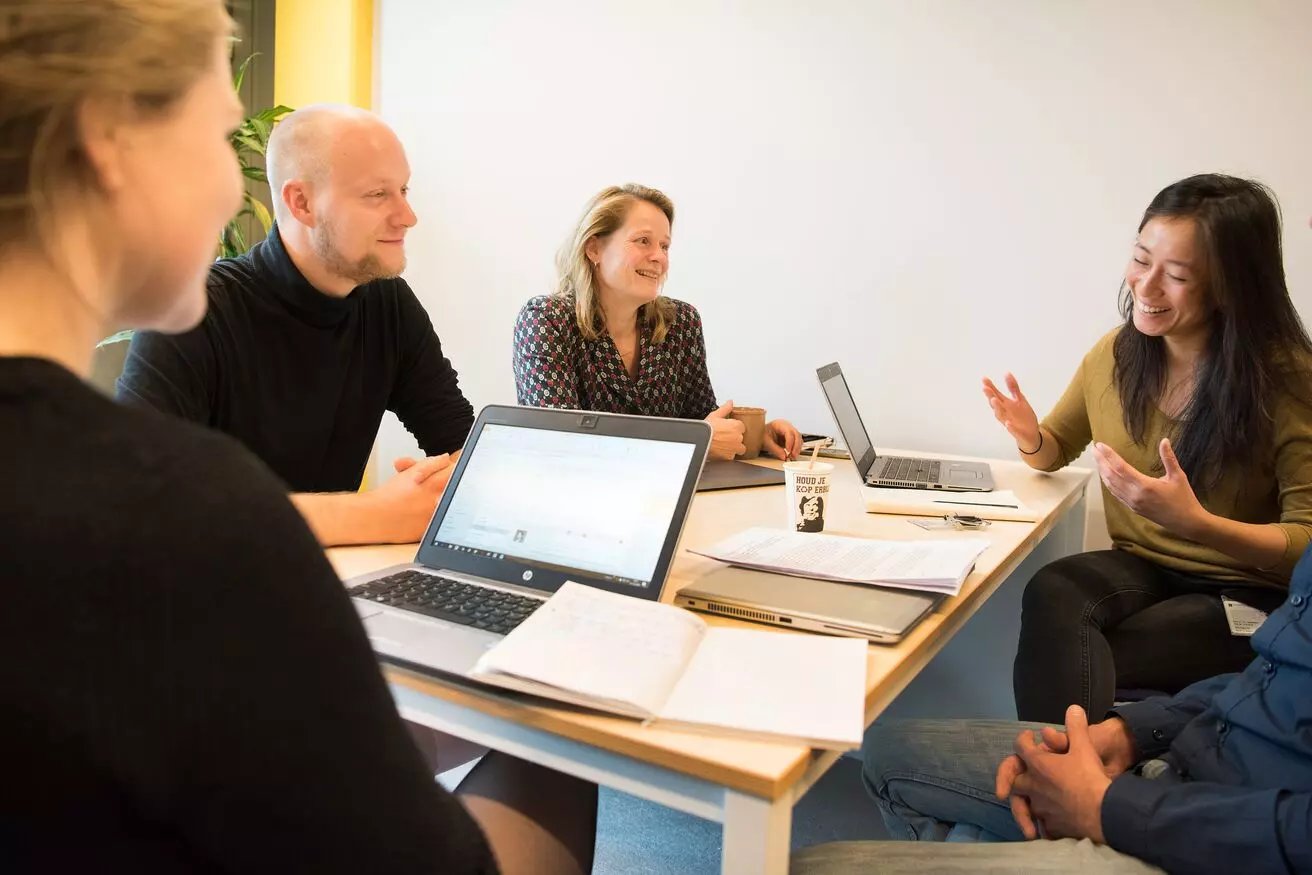Not found

More vacancies

PhD candidate in Neuroscience of Statistical Learning in Health and Disease
- Faculty of Science
- €2.901 - €3.707
- Closes on30-06-2025
- Master's
- 38 hours
Most of our decisions are guided by predictions—for instance, opting for a bike over a bus based on expected travel time and weather. However, unexpected changes, such as roadworks causing delays, can invalidate these predictions. According to normative Bayesian theory, highly surprising outcomes should prompt rapid belief updating, incorporating new information to improve future decisions. What are the brain circuits that mediate the flexible updating of prior beliefs? And how are these circuits disturbed in for example schizophrenia?
View vacancy

From Building Blocks to Polymerisation on Water-rich Worlds, an Experimental Exploration
- Faculty of Science
- €2.901 - €3.707
- Closes on10-06-2025
- Master's
- 38 hours
Curious about life’s origins? PRELIFE offers 15 interdisciplinary PhD projects tackling one of science’s biggest mysteries: how life began and where it might exist beyond Earth. Work across fields like biology, astronomy, chemistry, and more. If you're eager to push boundaries and think beyond your discipline, PRELIFE is your next step. Ready to dive in?
View vacancy
.jpg)
PhD Candidate Plant-pathogenic Fungus Interaction
- Faculty of Science
- €2.901 - €3.707
- Closes on15-06-2025
- Master's
- 38 hours
Are you an early-career researcher with a passion for molecular plant or microbial science? Would you like to take on a highly relevant project in the field of plant-pathogen interactions? Then we have an exciting offer for you.
View vacancy
This website uses cookies
We, and third parties, use cookies on our website. We use cookies to ensure that our website functions properly, to store your preferences, to gain insight into visitor behavior, but also for marketing and social media purposes (showing personalized advertisements). By clicking 'Accept', you agree to the use of all cookies. In our Cookie Statement. you can read more about the cookies we use and save or change your preferences. By clicking 'Refuse' you only agree to the use of functional cookies.
